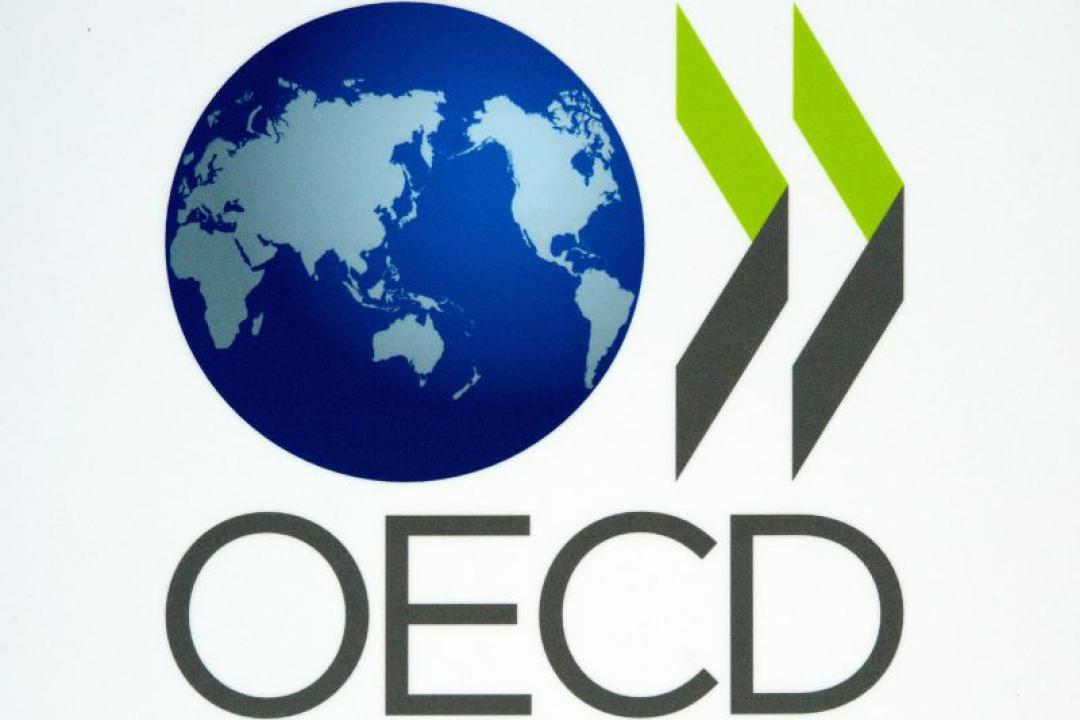
South Caucasus countries in the OECD SME Policy Index 2020

On 18 March, the Organisation for Economic Cooperation and Development (OECD) released their report on the development of Small- and Medium sized enterprises (SMEs) in the Eastern Partnership countries.
The report assesses the Implementation of the Small Business Act for Europe (SBA), a unique benchmarking tool to assess and monitor progress in the design and implementation of SME policies against EU and international best practice. It is structured around the ten principles of the Small Business Act for Europe (SBA), which provide a wide range of pro-enterprise measures to guide the design and implementation of SME policies. This report marks the third edition in this series, following assessments in 2012 and 2016.
The assessed variables were: 1) institutional and regulatory framework, 2) operational environment, 3) bankruptcy and second chance, 4) entrepreneurial learning and women’s entrepreneurship, 5) SME skills, 6) access to finance, 7) public procurement, 8) standards and technical regulation, 9) internationalisation, 10) business development services, 11) innovation policy and 12) green economy.
For Armenia the report read that the country has achieved only limited progress since the 2016 SBA assessment. Nevertheless, despite the lack of a comprehensive medium-term SME strategy, the institutional and regulatory framework for SME policy has further improved as the SME DNC (the SME agency) has extended the scope of services provided to SMEs, and a revised e-procurement system was introduced in 2018. There has also been a growing focus at the policy level on the importance of entrepreneurial human capital for national competitiveness, and the report states that the government’s efforts in this area should be recognised and further supported.
According the the report, going forward, Armenia should finalise and adopt its SME Development Strategy 2020-2024 and establish an efficient monitoring and evaluation system. Priority actions should focus on enhancing e-government services, improving bankruptcy procedures, offering better services to exporters, and creating a competition-friendly business environment.
In regard to Azerbaijan, it was noted that the country underwent a sharp recession in 2015-16 due to the global drop of commodity prices. As part of its response to the downturn, the government launched an ambitious plan to implement reforms in 12 strategic sectors, including the SME sector, with the objective of diversifying the economy and improving the business environment. Under the umbrella of the “Strategic Roadmap for the Production of Consumer Goods at the Level of Small and Medium Entrepreneurship”, the main guiding document for SME development, the government launched a number of programmes and initiatives – from setting up a dedicated SME development agency and a credit guarantee fund, to measures supporting entrepreneurial learning and women’s entrepreneurship. Since the previous assessment in 2016, significant progress has also been made in improving the operational environment for SMEs and in expanding the provision of export support and promotion services.
Going forward, Azerbaijan could take further steps to ensure a level playing field for both SMEs and large enterprises by promoting a more competitive business environment, strengthening the rule of law and improving business integrity. Building on the revitalised SME support infrastructure, future priorities would be to ensure effective coordination of newly created entities and initiatives and to build capacities in key institutions, such as Azerbaijan’s new SME development agency and help them effectively deliver on their mandate. Limited access to finance continues to be a significant barrier for SMEs, and it is important to ensure that recently adopted reforms are fully and effectively implemented.
Georgia had the overall highest score amongst all the Eastern Partnership countries, and according to the report made further progress since 2016 by adopting a more strategic approach to small and medium-sized entrepreneurship development through targeted initiatives. The adoption of the SME Development Strategy 2016-2020 and respective action plans, the improvements made to entrepreneurial learning and women’s entrepreneurship, the continued simplification of business registration, and the increase in e-government services have drastically improved the operational environment for SMEs.
Going forward – and with a view to seizing all the opportunities offered by the Deep and Comprehensive Free Trade Area with the European Union – the Government of Georgia should prioritise the creation of level-playing-field conditions for enterprises of all sizes and provide for more-efficient enforcement of contracts and competition law. Moreover, strengthening the support provided to exporting SMEs (including targeted financing tools) would be of crucial importance – as would expanding the links between foreign direct investment and domestic businesses beyond pilot projects, to further attract quality FDI and increase the competitiveness of Georgian SMEs.
The OECD is an intergovernmental economic organisation with 36 member countries, founded in 1961 to stimulate economic progress and world trade. It is a forum of countries describing themselves as committed to democracy and the market economy, providing a platform to compare policy experiences, seek answers to common problems, identify good practices and coordinate domestic and international policies of its members.
See Also


Armenia Records 5.9% GDP Growth in 2024, Missing 7% Goal

Yerevan Balances Strategic Ties with Both US and Russia, Says Foreign Minister

FM Mirzoyan: Peace Deal with Azerbaijan Is Within Reach

Pashinyan and Erdogan Hold Call, Reaffirm Commitment to Ongoing Dialogue

